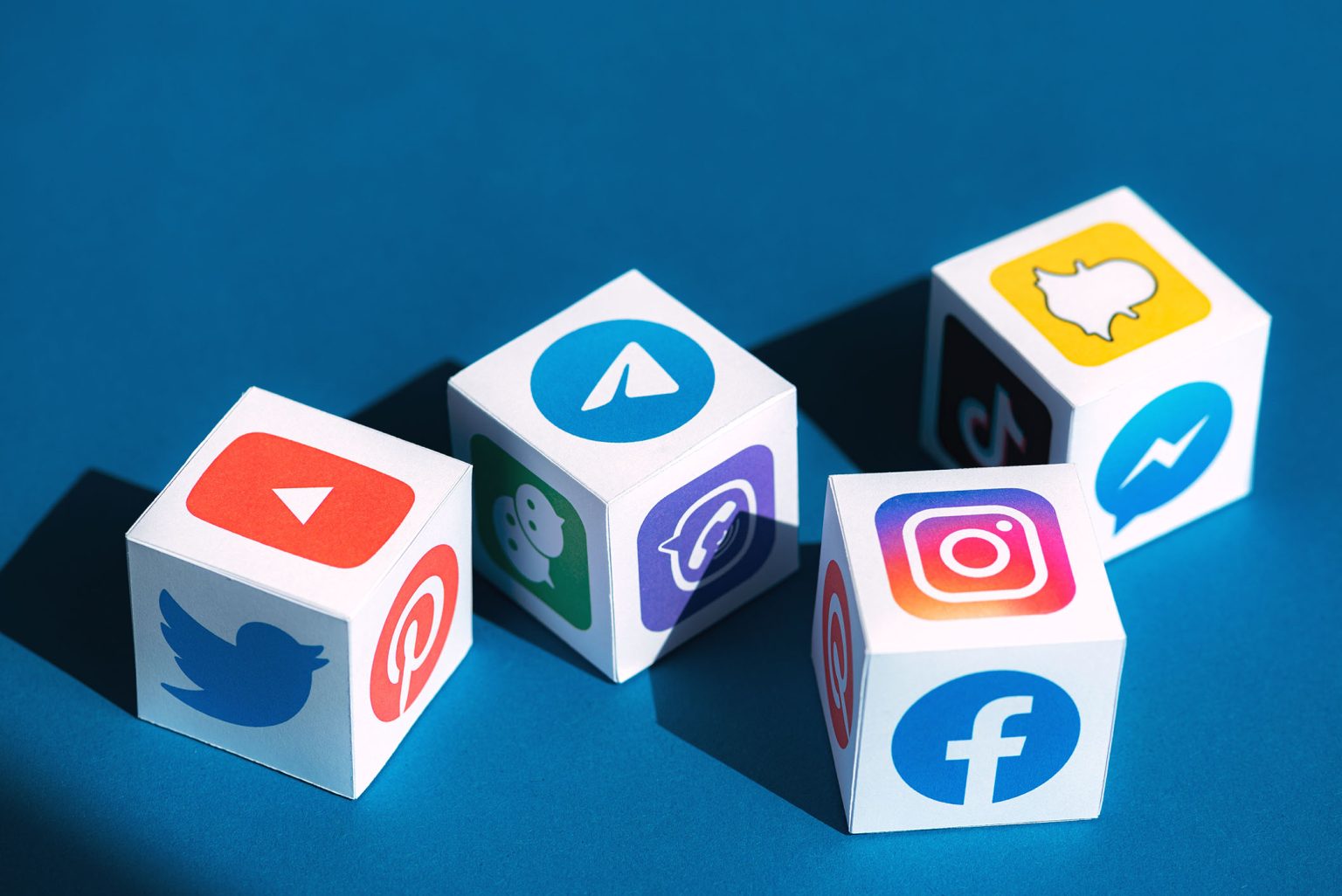The Influence of Social Media on Communication Patterns
Social media platforms have revolutionized the way individuals communicate with each other. Through the use of instant messaging, video calls, and social networking sites, people are able to stay connected and engage in ongoing conversations with others regardless of physical distance. This shift towards digital communication has also resulted in a tendency towards shorter and more informal interactions, with emojis, abbreviations, and memes becoming common ways to express emotions and thoughts.
Furthermore, social media has broadened the scope of communication by allowing individuals to interact with a diverse range of people from around the world. This has led to the formation of online communities based on common interests, beliefs, or experiences. These virtual communities enable individuals to share ideas, seek advice, and offer support to one another, fostering a sense of belonging and interconnectedness in an increasingly globalized society.
The Impact of Social Media on Relationships
Social media has transformed the way people connect and interact in relationships. Platforms like Facebook, Instagram, and Twitter have provided new avenues for individuals to stay in touch, share moments, and express themselves to their partners. Couples can communicate instantly, regardless of physical distance, through messaging, video calls, and sharing posts, enhancing their sense of closeness and intimacy.
However, the pervasive nature of social media can also have negative implications for relationships. The pressure to present a perfect image online, coupled with the temptation to compare one’s own relationship to others, can lead to feelings of inadequacy and insecurity. Moreover, excessive time spent on social media can detract from real-life interactions, causing misunderstandings and decreased communication between partners.
Social Media’s Role in Shaping Public Opinion
Social media platforms have become powerful tools for influencing public opinion in today’s digital age. With the ability to instantly share information with a wide audience, social media has the potential to shape the way people think about a variety of issues, from politics to social justice. The viral nature of content on platforms like Twitter and Facebook can quickly spread ideas and perspectives, ultimately impacting the collective opinions of society.
In addition to shaping public opinion, social media also provides a platform for individuals to engage in meaningful discussions and debates about important topics. Users can voice their opinions, share their experiences, and engage with others who may have different viewpoints. This level of interaction has the potential to broaden perspectives and increase understanding among diverse groups of people, ultimately contributing to the formation of a more informed and nuanced public opinion.
The Evolution of Social Media Marketing Strategies
Social media marketing strategies have continuously evolved over the years, adapting to the ever-changing landscape of social platforms and consumer preferences. Initially, brands focused on simply establishing their presence on platforms like Facebook and Twitter, with the primary goal of increasing follower counts and engagement. However, as social media became more saturated, marketers had to become more creative and strategic in their approach.
One significant shift in social media marketing strategies has been the emphasis on content quality and relevance. Rather than bombarding followers with promotional messages, successful brands now strive to create meaningful and valuable content that resonates with their audience. This shift towards authenticity and storytelling has proven to be more effective in building brand loyalty and driving conversions. By establishing a strong brand voice and narrative, companies can forge genuine connections with their audience, leading to long-term relationships and advocacy.
Social Media’s Contribution to Global Connectivity
Social media plays a pivotal role in fostering global connectivity by bridging geographical barriers and facilitating communication on a massive scale. The ability to instantly share thoughts, ideas, and information with individuals across the globe has revolutionized the way people interact and engage with one another. Through social media platforms, users can engage in real-time conversations, collaborate on projects, and stay connected with friends and family members in different parts of the world.
Furthermore, social media has empowered individuals to raise awareness about global issues and mobilize support for various causes. Whether it’s spreading information about natural disasters, human rights violations, or social injustices, social media serves as a powerful tool for amplifying voices and driving social change on a global level. The ability to share stories, photos, and videos with a worldwide audience has enabled individuals to spark conversations, build communities, and foster a sense of unity among people from diverse backgrounds.






